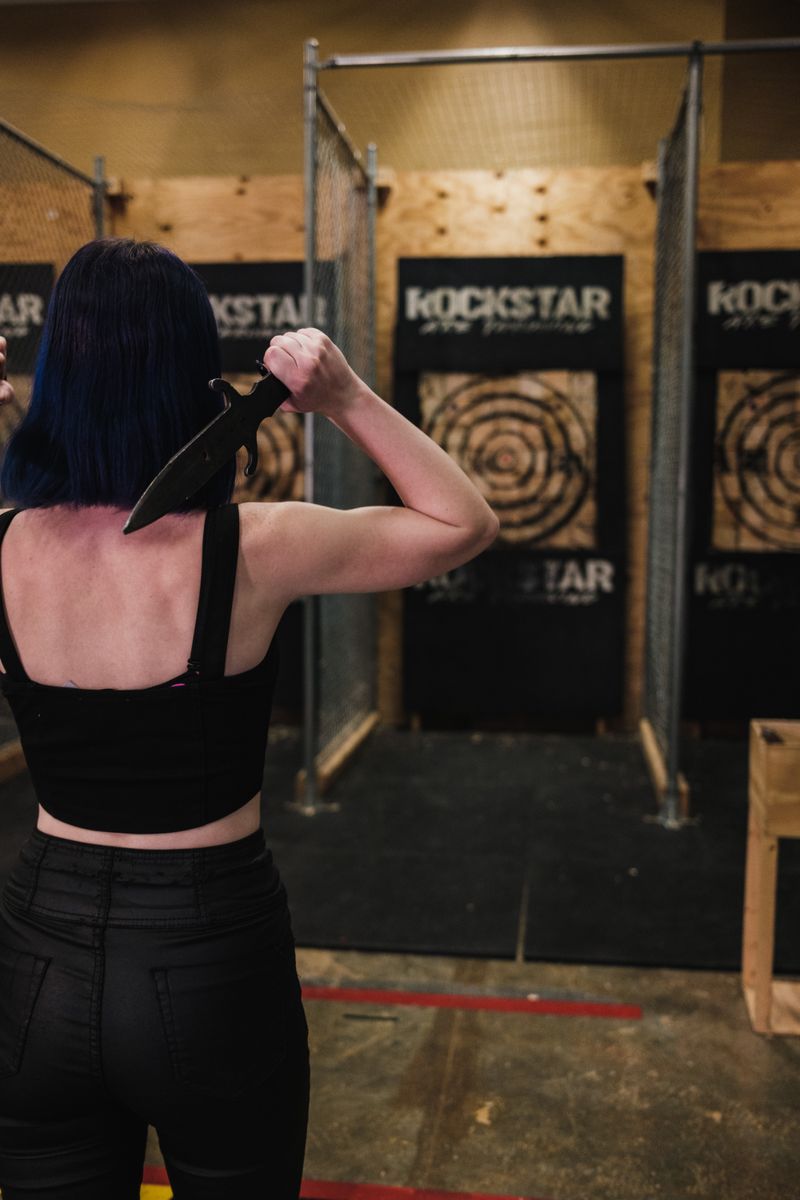Leonard Bernstein’s Children Defend Bradley Cooper’s Prosthetic Nose after ‘Maestro’ is Criticized
Background
In the wake of criticism regarding Bradley Cooper’s prosthetic nose in the trailer for the upcoming Leonard Bernstein biopic “Maestro,” the children of the late composer have come forward to defend the actor. The teaser trailer for “Maestro,” directed and starring Cooper, provides viewers with a first glimpse of Cooper’s makeup and performance as the renowned composer and former music director of the New York Philharmonic.
However, some critics have raised concerns over Cooper’s prosthetic nose, suggesting that it perpetuates Jewish stereotypes commonly seen throughout film history. The nonprofit organization Stop Antisemitism condemned the decision, referring to it as “sickening.” They criticized Hollywood for casting a non-Jewish actor as Leonard Bernstein and accentuating Jewish caricatures.
Bernstein Children’s Statement
In response to the controversy, Bernstein’s children, Jamie, Alexander, and Nina Bernstein, released a statement expressing their support for Cooper. They shared their admiration for Cooper’s commitment and his passion for their father’s music. The statement also addressed the criticism, stating that they are unconcerned with the use of makeup to enhance Cooper’s resemblance to their father. They firmly believe that their father would have had no issues with it either.
The Bernstein children also described the complaints as disingenuous attempts to undermine a successful individual, a phenomenon they claim their father often encountered. They rejected the notion that Cooper’s portrayal perpetuated offensive stereotypes, arguing that their father’s prominent nose is a factual representation that Cooper chose to amplify for the film.
Complexities of the Cooper-Bernstein Situation
The Cooper-Bernstein situation involves several layers beyond the debates surrounding stereotyping. The controversy raises broader questions about casting practices for certain groups. In recent years, the acting industry has faced intense scrutiny regarding the selection of actors for specific roles, particularly in relation to marginalized communities struggling to find representation in Hollywood.
Emma Stone faced criticism for playing a half-Asian character in Cameron Crowe’s 2015 film “Aloha” and later apologized. Tom Hanks has acknowledged that if “Philadelphia” were made today, it would require a gay actor in the lead role. Certain LGBTQ+ advocates argue that transgender roles in shows like “Transparent” and “The Danish Girl” should have been given to transgender performers.
While discussions have largely focused on the authentic portrayal of ethnic minorities and LGBTQ+ characters, some argue that the same considerations should extend to Jewish roles. The stereotype of the large Jewish nose, which dates back centuries and has been depicted in Shakespeare’s “Shylock” and Nazi propaganda, is particularly pernicious.
Transformation vs. Authenticity
The decision to cast Bradley Cooper while relying on prosthetics to alter his appearance raises questions about the nature of acting and the limits of artistic interpretation. Some argue that transformation is an integral part of the craft, with actors often modifying their appearance to better resemble the historical figures they portray. They contend that Cooper should be free to modify his appearance in the pursuit of his artistic vision.
On the other hand, critics argue that casting should prioritize authenticity and representation, particularly given the historical underrepresentation of certain groups in the industry. They contend that allowing non-Jewish actors to play Jewish characters perpetuates harmful stereotypes and denies Jewish actors opportunities to showcase their talents.
Conclusion
The debate surrounding Bradley Cooper’s prosthetic nose in the trailer for “Maestro” highlights the complexities of casting, representation, and artistic interpretation in the film industry. While the Bernstein children have defended Cooper and his artistic choices, the concerns raised by critics are valid and deserve serious consideration.
As the industry continues to grapple with issues of authenticity and representation, it is crucial to strike a balance between promoting creative freedom and ensuring genuine inclusivity. Producers, directors, and casting agents must be mindful of the historical context and impact of their decisions, striving to offer opportunities to underrepresented groups while avoiding the perpetuation of harmful stereotypes.
Ultimately, the goal should be to foster an environment where all actors have an equal chance at portraying diverse characters, with authenticity and respect for the cultures they represent.
By

<< photo by Emanuel Haas >>
The image is for illustrative purposes only and does not depict the actual situation.
You might want to read !
- “Unveiling the Potential Stepping Stones: Analyzing the Top 7 Position Battles in the Upcoming Clash with the Browns”
- The Perfect Midfield Emblem: Cast Your Vote in the Final Round of the Browns’ 2023 Contest
- The Growing Threat: Invasive Hornet Sighting Sparks Concern for U.S. Honeybees
- “Defending Artistic License: Leonard Bernstein’s Children Support Bradley Cooper’s Prosthetic Transformation”
- Bradley Cooper: A Controversial Casting Choice Ignites Debate over Leonard Bernstein’s Legacy
- “Family Ties: Leonard Bernstein’s Legacy Lives on as His Children Support Bradley Cooper”
- “The Controversial Impact of Bradley Cooper’s ‘Jewface’ Controversy”
- “Beyond Bradley Cooper: Unmasking Hollywood’s Problem with Cultural Appropriation”
- The Intricate Dynamics of Jennifer Aniston and Brad Pitt’s Relationship: Unveiled by Michael Rapaport




